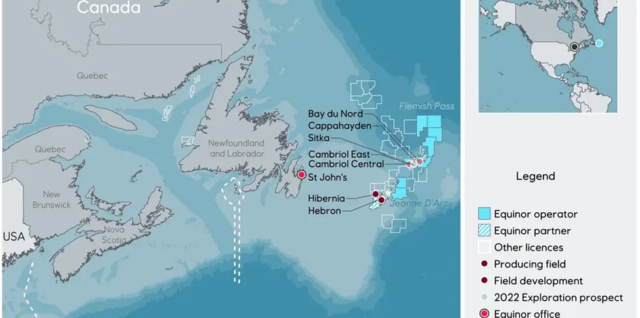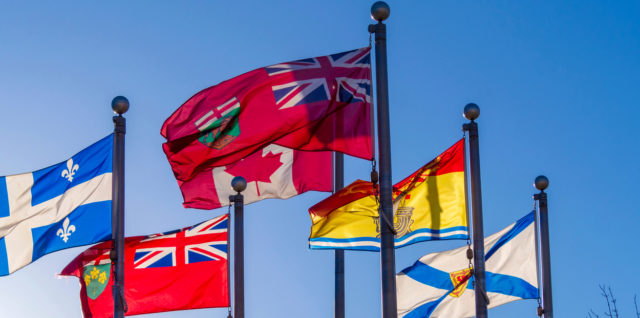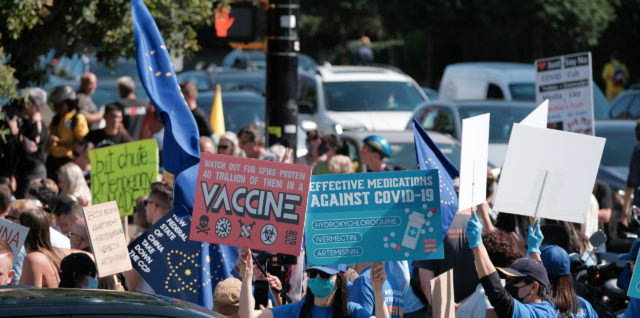Canada does not need a U.S.-style student loan forgiveness plan

The Biden administration has announced plans for student loan forgiveness. It would make little sense for Canada to follow suit. That would disproportionately benefit borrowers in the upper half of the income distribution. Read this articleCanada does not need a U.S.-style student loan forgiveness plan






